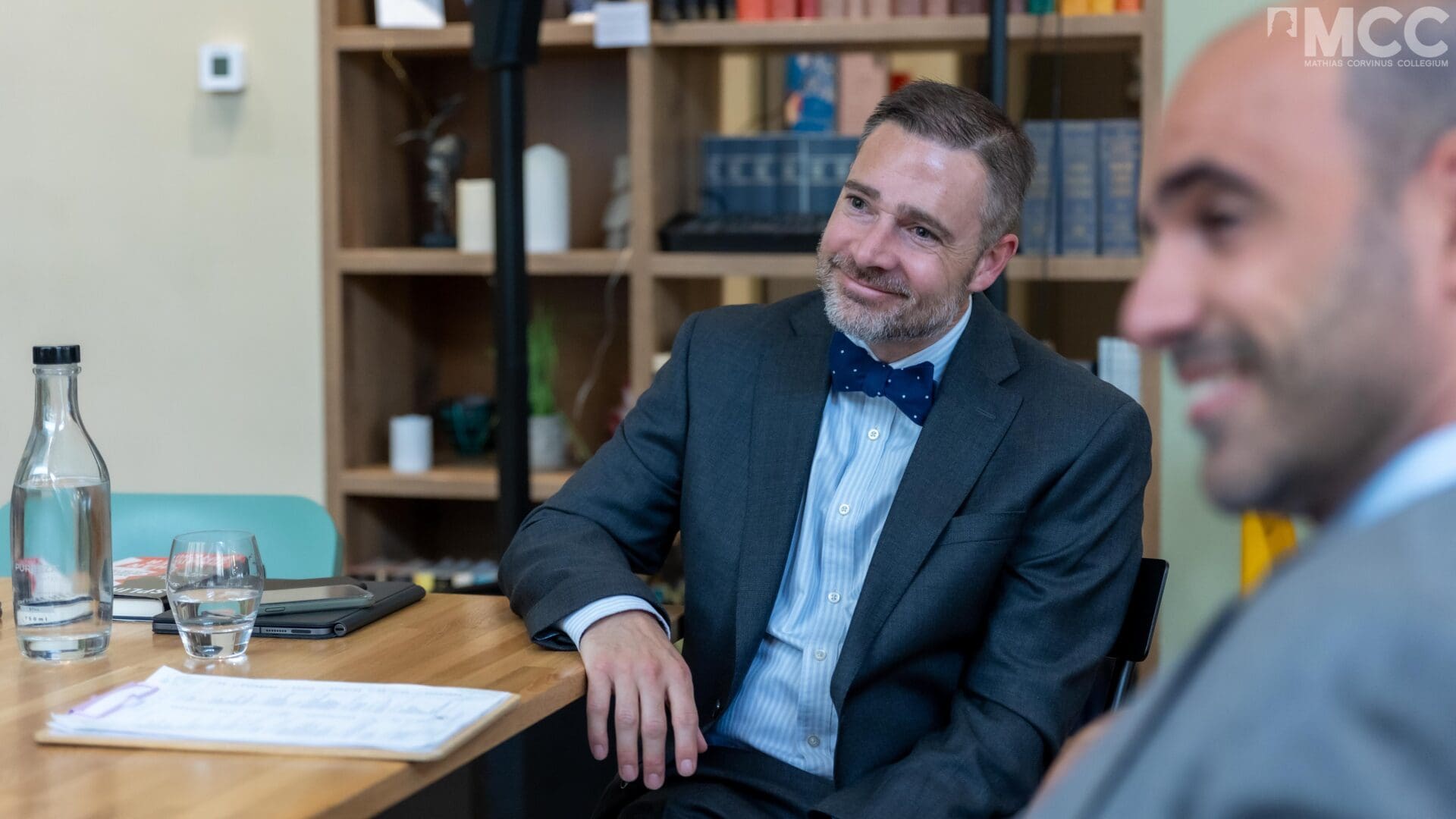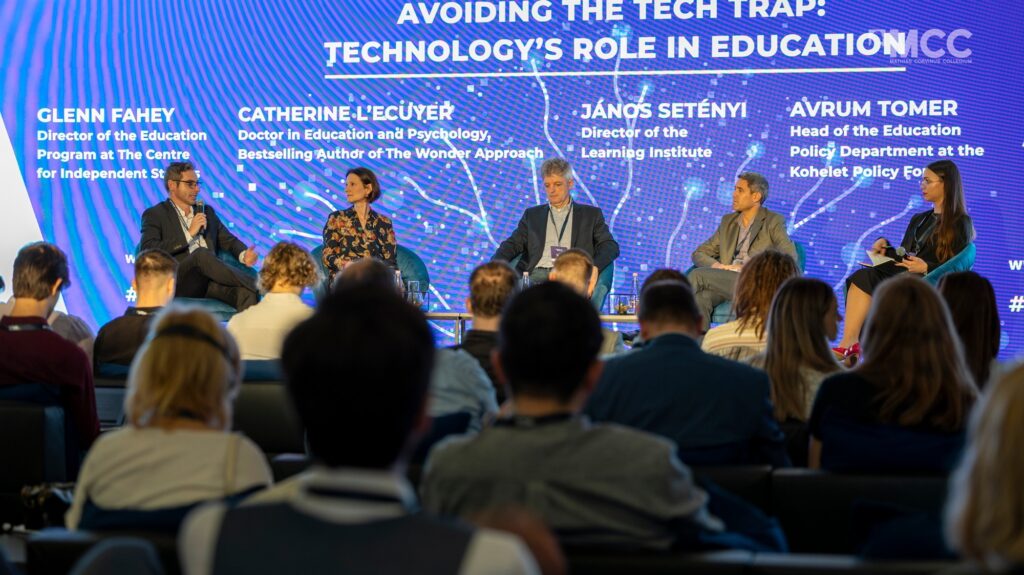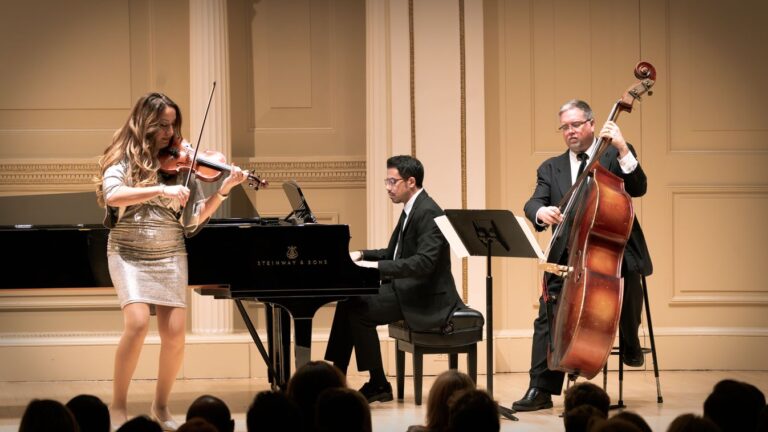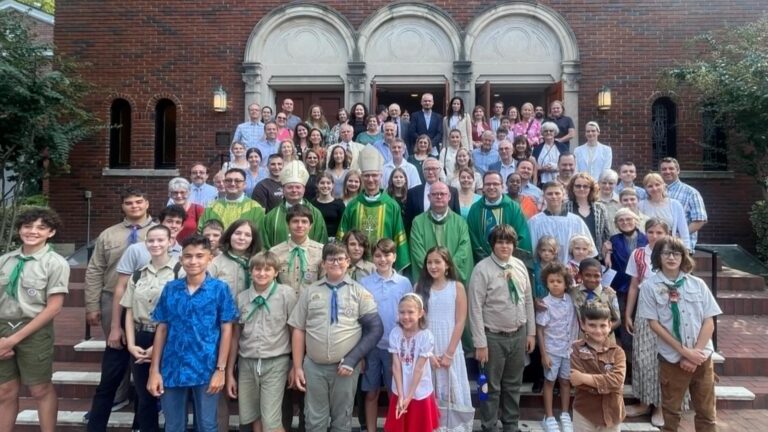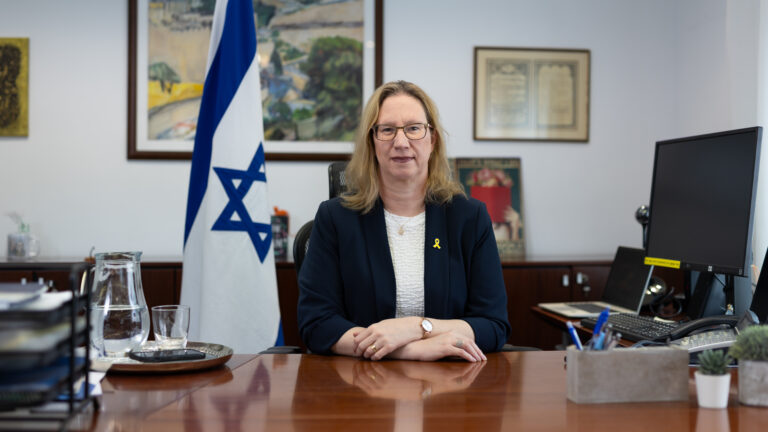Mathias Corvinus Collegium plays a significant role in the Hungarian education system. As the largest extracurricular educational institution with a 27-year-long tradition, MCC is a devoted supporter of conservative education both in the domestic and international environment. Within the framework of its newly established Conservative Case in Education project, MCC’s Learning Institute has established a promising cooperation in the field of education with The Heritage Foundation, the largest US conservative think tank. From the side of The Heritage Foundation, Jonathan Butcher joined the cooperation.
Jonathan Butcher is Will Skillman Senior Research Fellow in Education Policy at The Heritage Foundation. His fields of interests include the questions of critical race theory, school choice, free speech, and education policy. He is currently a member of the Board of Trustees of the South Carolina Public Charter School District, and senior fellow at Goldwater Institute. Jonathan Butcher holds a bachelor’s degree in English and a master’s degree in economics from the University of Arkansas. In the following interview, Mr Butcher shared with us his views on the current state of the education system in the United States, the conservative vision of education, the role of school boards, and more.
You have published multiple books on the US education system. What are the most significant challenges in the field of education in the United States today?
There are two very serious issues that lawmakers and parents must respond to immediately. First, student achievement has significantly declined over the last decade, especially over the last three years. Americans have stopped asking when the declines will reverse course and started wondering if we will ever be able to recoup the learning lost in the current generation. There have been historic declines in math, reading, and even history and civics.
Which leads to the second issue, which is that the teaching of all subjects, not just history, has transformed into discussions of power structures and begun to rejuvenate Marxist sympathies in our society. Math, reading, science—everywhere we turn today, we find examples of K-12 content that eschews facts and skills and instead focuses on identity politics and the prevailing ‘woke’ orthodoxy surrounding race and so-called ‘gender ideology’. This is challenging for parents because surveys show that most disagree with these ideas and find their values and deepest-held beliefs are not being represented by their local school.
You are Senior Research Fellow at one of America’s leading conservative foundations. How can you describe the conservative vision of education and how does Heritage support the conservative idea in American educational policy?
The conservative vision of education is one in which every family can choose how and where their children learn and are not limited to schools to which children are assigned based on where their home is located. This vision is one in which families can choose a different learning environment if a school is not meeting a student’s needs or if a family does not agree with the way in which a certain public school is teaching (or not teaching) values and personal character.
Heritage supports the creation of private learning opportunities for all students, largely a state-level project. But we also support closing the US Department of Education because the agency has long been an instrument of vested political interests in public education such as teacher unions. These unions support radical racial and gender-related ideas and oppose any efforts to give children more options when they are assigned to a failing public school.
As a board member of South Carolina Public Charter School District you have first-hand experience in local education governance as well. What is the most important role and objective of a local education board nowadays in the US and how has it changed in the last decades?
School board elections and the meetings that followed use to be uneventful affairs. Voter participation was low, and unless there was a significant issue affecting many families in a district, few people attended school board meetings.
Today, however, school board meetings are where the current culture wars are unfolding. It is in these meetings that parents and educators must make decisions to protect children from Marxist ideology in textbooks and the ambiguous—but ultimately dangerous—ideas about ‘gender’ being taught in classrooms. School boards must represent the values of their local communities, reject discrimination, hold fast to the teaching of biological facts, and work with parents to determine what material is age-appropriate for students at different levels.
In different countries of the European Union history and civic education are taught differently. We also witness increasing attention from the European Council in this regard, which has led to the establishment of a cooperation called Observatory on History Teaching in Europe. Do you witness similar public attention towards history education, and in your opinion, what should be the ideal role of history and civics in the US in the 21st century?
Yes, special interest groups like teacher unions and associations of social studies teachers, for example, have radicalized the teaching of history and civics over the last 20 years. The lessons today are often mired in power dynamics and ignore significant individuals from American history and their contributions to our founding ideals of freedom and opportunity. We should teach about important events and people, even those individuals and events we disagree with or oppose. We have to explain that history tells the story of imperfect people making decisions that affect others for years to come. There is often nuance and ambiguity. Yes, slavery in the United States violated our founding ideals and was systemically racist. But it is a remarkable thing that this nation—a country of, by, and for the people—chose to outlaw the practice and spend the decades since preparing a better future for Americans of all ethnicities and walks of life. That is the story we need to tell this and future generations.
You hold a bachelor’s degree in English and a master’s degree in economics from the University of Arkansas. When did you decide to become a researcher of education policy? Where does your interest in education come from?
Every child deserves the chance at a great education, no matter where they live or how much money their parents earn. I began studying how to make this possible more than 20 years ago and have not looked back. Traditional schools, charter schools, private schools, homeschool—no matter where a child is studying, they should have the chance at a great opportunity. And great progress has been made! We now have K-12 private school scholarship options in half of all US states, and a half-dozen states offer choices to every child. This is an exciting time to be a part of such important changes.
What are your plans in terms of new research or new publications?
I am collaborating with one of my colleagues to conduct a survey of American parents and board members about how they feel today about the woke orthodoxy dominating classrooms. We plan to collect responses later this year and use the results to draft a book in 2024. Our team at Heritage will also be releasing our second Education Freedom Report Card this fall. This report reviews all the activity happening in states dealing with school choice and the rejection of critical race theory and so-called gender theory.

